- Who We Are
- What we do
- HIV / AIDS
- Tuberculosis (Integrated TB/HIV Services)
- TB Case detection, diagnosis & notification
- TB Infection Prevention & Control
- TB & HIV / AIDS Treatment Adherence & Support
- Community Education
- Capacity Building
- Community TB Care & Directly Observed Therapy Provision
- Referral & Linkage to Care
- Recording, Monitoring & Reporting
- Treatment, care & support TB in the mines (TIMS)
- Community Systems Strengthening
- Youth Programmes
- HIV Prevention among Key Populations
- Non Communicable Diseases
- Epidemics / Emergency Response
- Products
- Opportunities
- Resources
- Blogs
- Contact Us
Tuberculosis In the Mines for Southern Africa
ACHAP has been selected by Wits Health Consortium to implement the Community Systems Strengthening Module of the Global Fund TB in the Mines in Southern Africa (TIMS) project. Over a 15 month period ACHAP will aim to reduce the burden of TB in 10 Southern African countries by improving access of Key Populations (miners, ex-miners, and their spouses and families). Specifically, ACHAP will work with CSOs to reduce human rights and gender barriers which hinder access to occupational health services including TB management.
The SADC region has some of the highest TB/HIV co-infection rates in the world ranging from 50 percent to 77 percent. One third of all TB infections in Southern Africa are linked to mining. South Africa is known historically for drawing miners from the SADC region primarily to work in its gold mines. It is now known that “the rates of TB in South Africa’s gold mines are the highest in the world: 3000 to 7000 per 100,000 population, representing an infection rate of four to seven times the general population”. Further, nearly one third of new mine workers become infected with HIV within the first eighteen months of employment.
HIV increases the likelihood that a person who contracts TB will progress to active disease and increases the likelihood of atypical TB manifestation which may be difficult to diagnose. Of particular concern to the region is that around 2 million ex-miners have returned to their home countries from South Africa, many of whom have active and latent symptoms. An added concern is the ability to access pension funds and obtaining workers compensation for death, injury or illness contracted as a result of working conditions, particularly tuberculosis and silicosis.
Human rights and gender barriers have been identified as main concerns to accessing treatment and compensation services. Workers, past and present do not have full understanding of their rights and mine management are not eager to educate their workers. Community systems therefore need to be strengthened in order for them to respond effectively to these challenges. ACHAP cherishes the opportunity to work with country-level partners to make this happen.
Implementing Organization Background
ACHAP brings specific essential competencies in public health as a whole and TB in particular through intensive TB case finding (including contact tracing) among the key populations, TB Treatment, implementation of national ART programmes and increased access to information and education on TB prevention and care. Pertinent to this intervention is ACHAP’s recent experience in all of the ten countries of interest. ACHAP has just completed The World Bank’s 10-country study on Human Rights & Gender Barriers to access of TB, TB/HIV, Occupational Lung Disease health services and Compensation Services in the Mining Sector.
This experience will be instrumental in informing development of the training toolkit for NGOs who will ultimately deliver the community-based program. ACHAP has strong governance and management systems, which include; a diverse and active Board of Directors with separate Board of Trustees, an experienced finance team, a strong management team with an internal audit function and annual external audits. ACHAP’s Board of Directors provides oversight, strategic guidance and technical expertise through twice yearly board meetings and regular board committee meetings.

